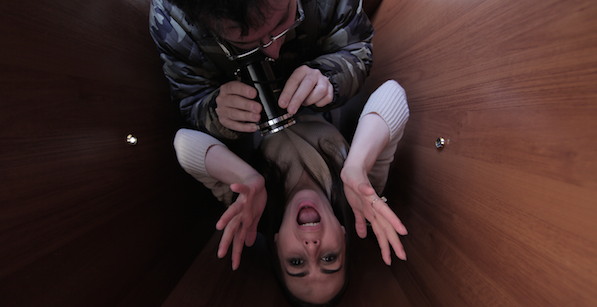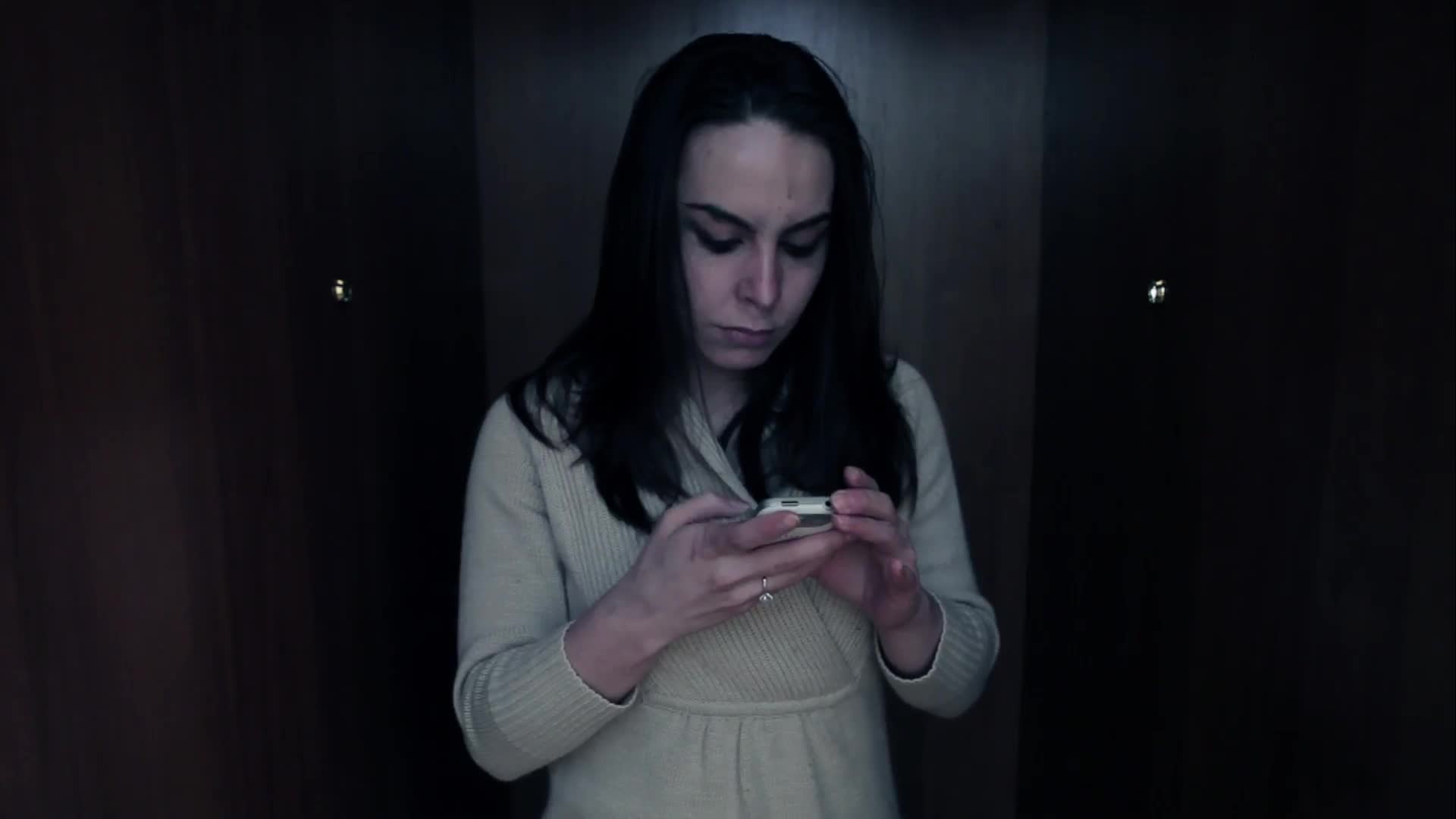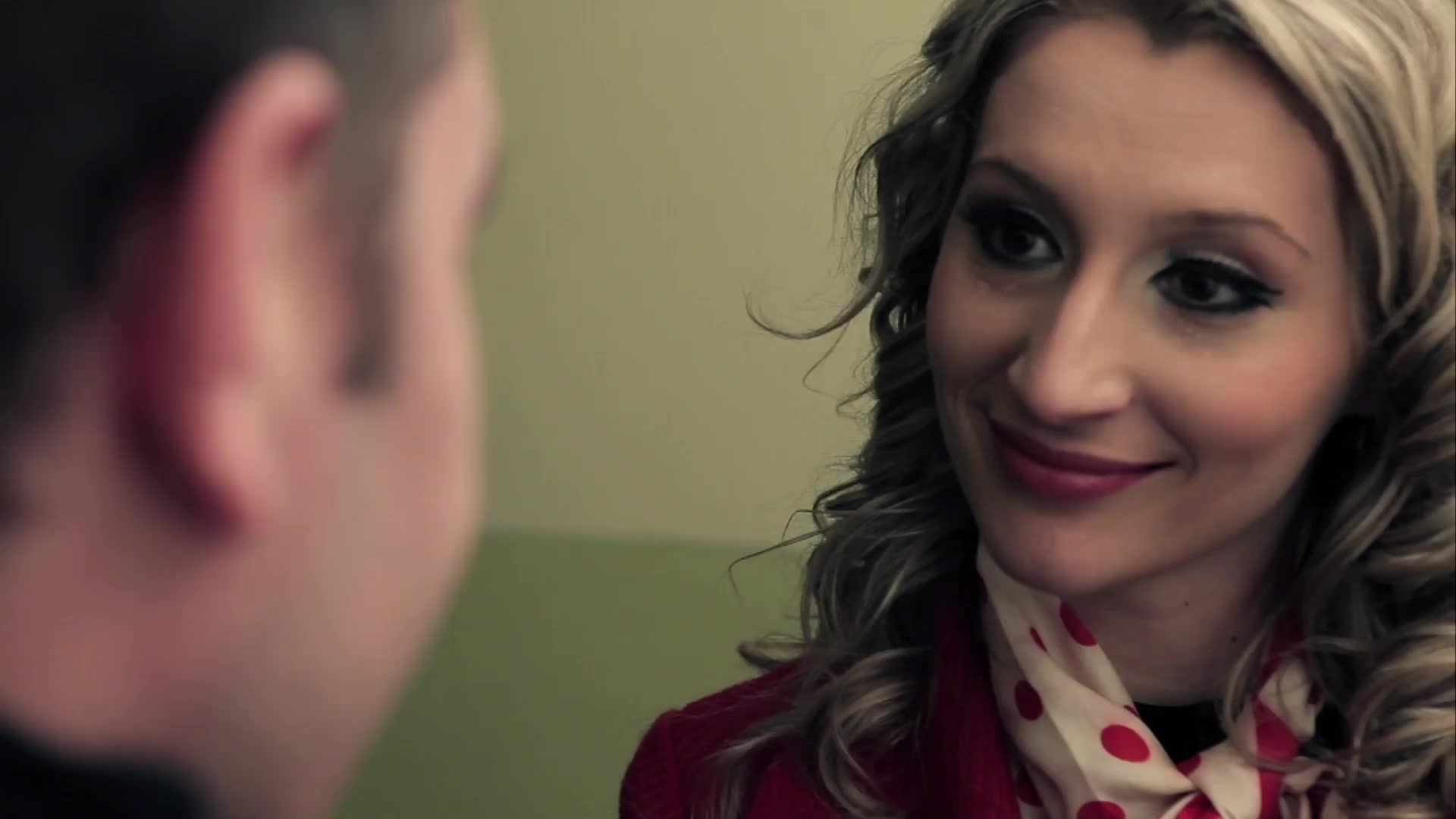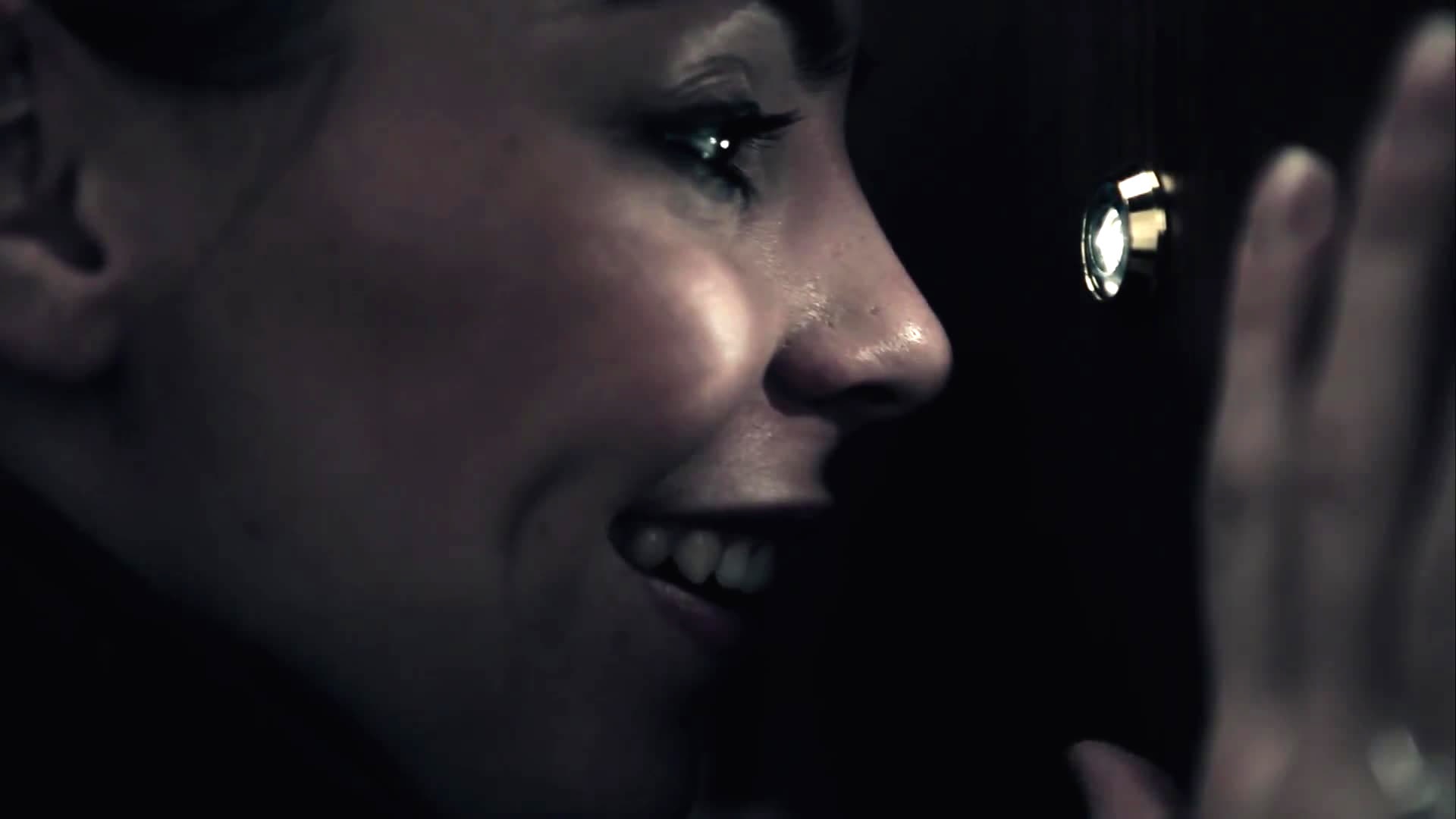At age twenty-two Michele De Angelis was hired as assistant director on the Italian slasher epic Massacre, which led to work as an assistant director, production manager, executive producer and screenwriter for Lucio Fulci ,Ruggero Deodato, Bud Spencer, Dario Argento, Lamberto Bava and many others. Michele eventually worked as a consultant and executive producer, creating DVD featurettes and documentaries for companies like Universal Pictures Home Video, Anchor Bay Entertainment, Blue Underground and more.
In 2004, he founded Noshame Films which restored versions films like The Strange Vice of Mrs. Wardh and many other giallo and horror films from Italy. On the production front, Noshame Films co-financed Tamara, from Final Destination’s creator Jeffrey Rednick.
In 2011 Michele set up a new company, Kinoglazorama International, producing and distributing short films and features through the company’s own digital platform. His short film Doors screened at the 2013 Cannes Film Festival. I spoke with Michele this past month while he was interviewing Dario Argento for another article for Keyframe, which you can read here.
Shade Rupe: You’ve been producing a number of short documentary extras for classic genre films, and you’ve really ingested a good library of classic Italian and seventies cinema. You’ve gone ahead and you’ve made this short film Doors and you also shot in Macedonia, which is a little different. You mentioned your wife is from Macedonia. How did Doors come about?
Michele De Angelis: I’m very much into movies and have been since when I was seven years old. I always loved them, so my dream was to become a filmmaker, but it’s very hard to simply achieve that. I worked on a lot of movies. My early years I worked with many famous directors, specially in genre films, Lucio Fulci then Ruggero Deodato and wrote stories for Lamberto Bava.
But there is always this crisis over the Italian film industry, which now is terrible because the industry almost doesn’t exist anymore. Another thing that I like very much is to show the movies that other people made, especially classics or old stuff which are rare and hard to find. I enjoyed very much to do both.
I decided to shoot this short film in Macedonia because my wife is from there, so part of my family is in Macedonia and because I find the people there are more into film and it was easier than to make it here.
Rupe: When I saw Doors, I’ve seen those doors and those handles and those locks and those hallways all throughout Europe. I’m very familiar with that kind of a door, though I haven’t really seen the double-door system.
De Angelis: Yes. A lot of people wonder about that. It’s common in Macedonia because they have a very cold climate during winter. Temperatures can even go thirty degrees below, so they have double doors to prevent drafts coming in.
Rupe: Have you heard of anybody ever been trapped in one of those before?
De Angelis: Let me tell you. First, the premiere of the movie was in the Macedonian Film Festival/Manaki Brothers which is very famous, because it’s about cinematography. Of course, some people, including my wife’s relatives, came and they didn’t know anything about the film and her uncle at the end said, ‘Fuck, I can’t believe it. It just happened to me in a hotel in Paris,’ They went to a room that had a connecting door and they were stuck there, very similar to the short. Of course, the ending is completely different, thank God.
Rupe: Your wife is also involved in the film.
De Angelis: Yes, she acted as a producer. The actress, she’s one of the most famous young talent in Macedonia and she’s a theater actress. It was her first time in front of a camera. I’ve met her and I liked her very much. I think she’s very good and I want to shoot my feature film with a part for her.
Rupe: Are you aware of any feature films from Macedonia that may have found their way here? I’m not familiar with any Macedonian filmmakers.
De Angelis: Well, let me tell you. They usually shoot two, three movies a year. The budget goes from $700,000 to 3 or 4 million per film. Unfortunately the stuff that they are doing sometimes is too local, so they can play very well there and around the Balkans. Of course, the most famous Macedonian talent is Milcho Manchevski, who is the director of Before the Rain which won the Golden Lion in Venice in the nineties and was Academy Award–nominated as Best Foreign Film. He is the star of Macedonian cinema. They have some interesting filmmakers, which are, of course, not much known outside of the Balkans.
Rupe: One thing that I thought was interesting about your movie though is she gets trapped, but she’s truly trapped. We see people walk by who just don’t notice her, like the older woman who finds the coin. Is it really that silent in there or did you want to suggest almost that she had entered some other dimension or something that quickly?
De Angelis: I wanted the film to play like an episode from the Twilight Zone which is one of the shows that I like most, especially the writing, because I think that horror coming from normality is much more horrifying than monsters, robots or whatever.
What I wanted to suggest in the film is that even though we have technology, which makes it very easy to command everybody and to reach everybody in every moment of the day, if your battery is off or you have no line, you can’t reach them anymore. It’s the kind of a metaphor of the loss of communication between people, because to me, now we have the biggest and most advanced use of communication, but we don’t really communicate anymore with each other. That’s the idea.
Rupe: Because you see her own partner in the hallway, with the other woman. It’s funny because people even wonder why the keys are in the door. There’s this sort of strange situation where once she’s in there, she’s already entered the twilight zone, just in the main doors.
De Angelis: I wanted it to be a little bit open to the interpretation of the audience. It’s very funny because a lot of people came to me with different endings which I didn’t even think about but that’s exactly what I wanted, to leave this kind of is it real or is not real? It’s a dream or it’s not a dream? When she’s inside the door, she’s already gone or she’s somewhere? It’s funny because on paper it was much more like a Twilight Zone episode and when I saw it and then cut it, it became something else, which I’m happy [about], of course.
Rupe: That happens all the way through the end, but all of a sudden then we wonder where she really is, like twice. It’s like is she here? Is she there? What are we … where are we now? It’s like what? Is this a portal to somewhere? Where has she ended up and it is interesting because her phone will work intermittently and she’ll try making a call and she still can’t go through and the screen fades on her. She keeps referring to the phone as some way to reach somewhere, but she can’t reach people even on the other side of the door.
De Angelis: Well, that’s even to play a little nasty trick on the audience especially without to give away, of course, what’s happen in the movie because it’s only ten minutes long. I wanted to play a nasty trick, on the audience, I mean get some reaction, something like, ‘Oh, wow, my God. It’s unbelievable.’ I think it’s funny in a way.
You know sometimes when something goes wrong, it can’t get any better. It can go on and only get worse. That’s what the main concept.
Rupe: How did you get involved with Jonathan Marlow?
De Angelis: We met many, many years ago in Los Angeles when I had my office there because I had this company that was restoring films on DVD. By chance, once, my partner in the company said, ‘Oh let’s go to meet this guy who is very interesting.’ I met Jonathan and we like each other, so we kept in touch during the years and we speak to each other across countries. I wanted to get him involved in this project and I hope in future projects as well.
Rupe: Are you looking at another short film next? Or are you already beginning to put a feature together?
De Angelis: My idea was to shoot a feature film, which will be expensive because it’s a science-fiction film which initially is like to asked to be brought to an asylum because as soon as you mention the word science fiction, the producer would stand next on you and they will never speak to you again with anything crazy, science fiction in Italy come out ridiculous, but then it’s a project I want to do in an international level in the future because I can’t involve an Italian company.
While working on that, I was thinking to expand this short film into a feature film., but didn’t find the proper key to develop the story yet. Then I got another idea to do another short film which is exactly what I want to do now. It’s thirty minutes. It’s a little bit longer. It’s not really a short. To be short, fifteen minutes, not more. But many festivals right now, they accept up to forty-five minutes which is not a short at all. The new one, it would be around twenty-five/thirty minutes and I think it’s going to be very interesting but it’s not up to me to say, of course, because I’m director. It’s called, The Man In The Movie Camera.
Rupe: Any relation to Vertov’s film Man with a Movie Camera?
De Angelis: It starts exactly with the first line of the Dziga Vertov film, but it’s something completely different. It’s a metalinguistic thriller on film history. The main character in the film discovered a secret hidden in film history which nobody found before and it’s a thriller, fantastic thriller, of course.







